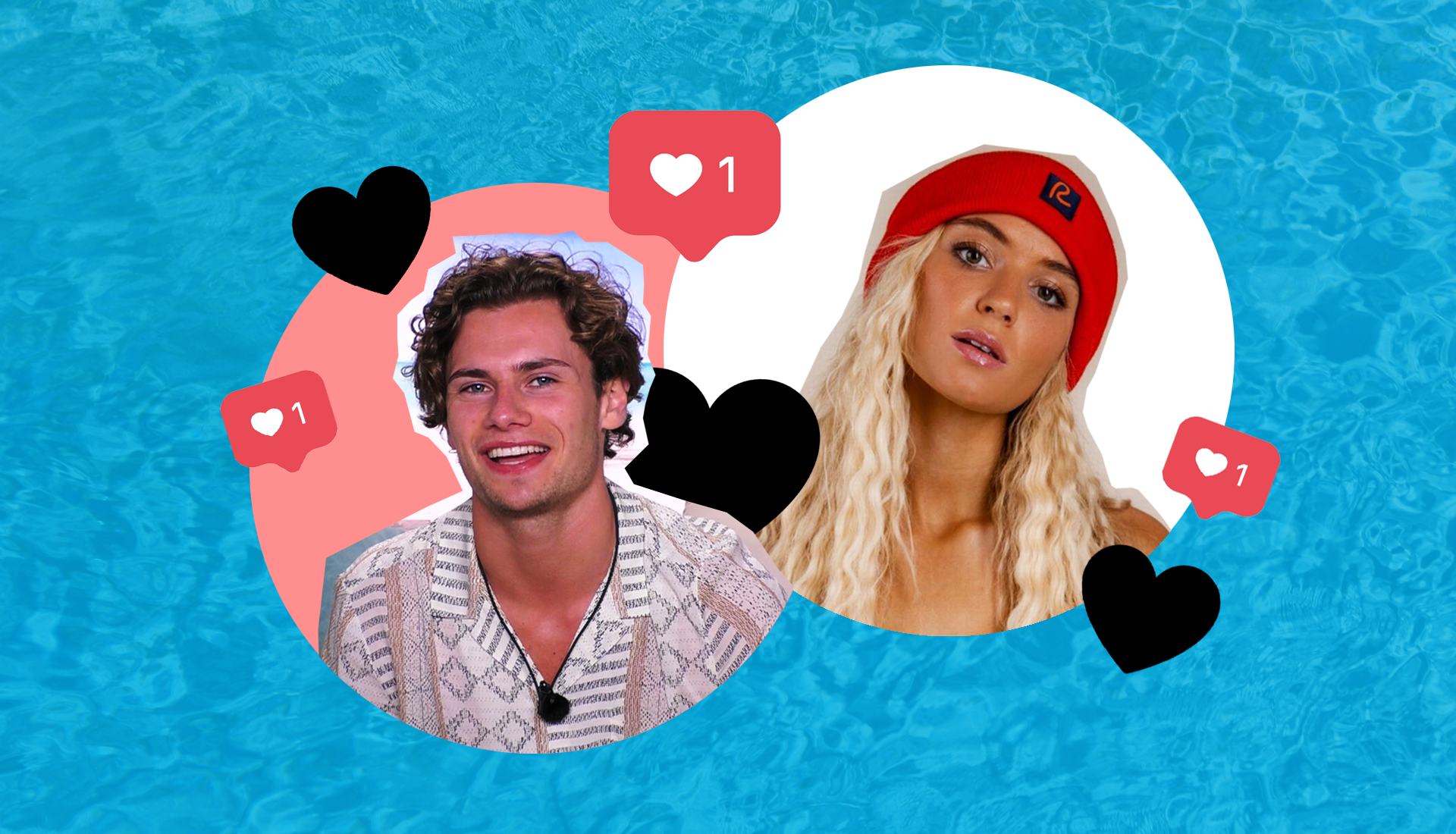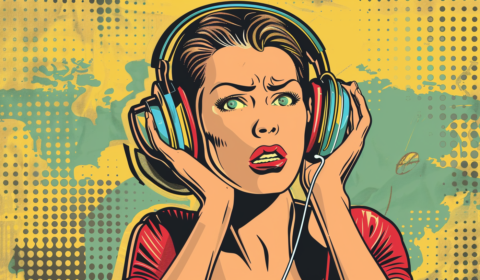Opening up on national television
As an outsider watching for the first time, there’s a unique, human quality to the interactions between these young and ridiculously fit people who’ve become famous overnight. In a time where follower counts take precedence and perfect online profiles are the norm, its oddly refreshing to see vulnerability and emotive conversation that isn’t always calculated.
Sure, it’s all a little contrived and over-dramatic. Joe tells his not-exactly-girlfriend Lucie that he ‘doesn’t trust her’ after only two days. Tommy’s swooped in and, essentially, caused the whole thing to kick off. But the messiness, indecision, selfishness, and constant back-and-forth chat is relatable for the everyday plebs like us. For a group so focused on their aesthetic and image, the inability to deal with a socially charged situation is reassuring.
Lucie, currently the most popular contestant on the show with the boys, has had to deal with some severe guilt-tripping and pressure from Joe after being picked by Tommy as a new couple. This has understandably lead to some emotional upset. Seeing her react to a difficult scenario in a way that most people reasonably would, feels genuine and far less ochestrated than her pristine, glamorous Instagram profile. It’s a reminder that we’re all normal, no matter how much it looks as though we’re always living our ‘best life’.
It may seem a little counterintuitive to describe a completely constructed reality series – in which every person on screen is hand-picked – as ‘real’ or authentic. Love Island is low-brow entertainment that knows where it stands and doesn’t really pretend to be anything else. But, strangely, removing social media influencers from their bubble of impressive Instagram tiles and Twitter posts leaves them on equal terms as normal people. They’re just as clumsy as everyone else – regardless of their social media clout.
I mean, just look at Joe’s face. The drama.
A sign of the times?
It may be a dystopian trope of the age we live in, but ITV 2’s hit show somehow injects a little humanity back into an era defined by follower numbers, which may be a bit concerning, depending on where you stand. There was once a time where the biggest reality TV shows, such as Big Brother, the X Factor, and Britain’s Got Talent, were criticised for promoting idealistic standards that were nearly impossible to meet.
Love Island still faces this backlash, of course. But its focus on one-to-one interaction and in-person chemistry is a stark contrast to the alternative, online options that many young people in the real-world use, such as Tinder, Bumble, and Hinge. We place more focus than ever before on our digital selves and the way we market our lives to other people, whether it be for our careers or our relationships.
The show’s structure, where people are forced to get to know each other solely offline, is probably considered unusual today, but it’s this close intimacy that makes these stars feel human. We see gorgeous people cry, argue, and laugh, and it reminds us of the petty drama we’ve all experienced for ourselves at some point in our lives.
It’s like looking in a mirror, except the reflection staring back at me looks way better in beach shorts than I ever could. I’ll be sure not to mention that in my Tinder profile.





















